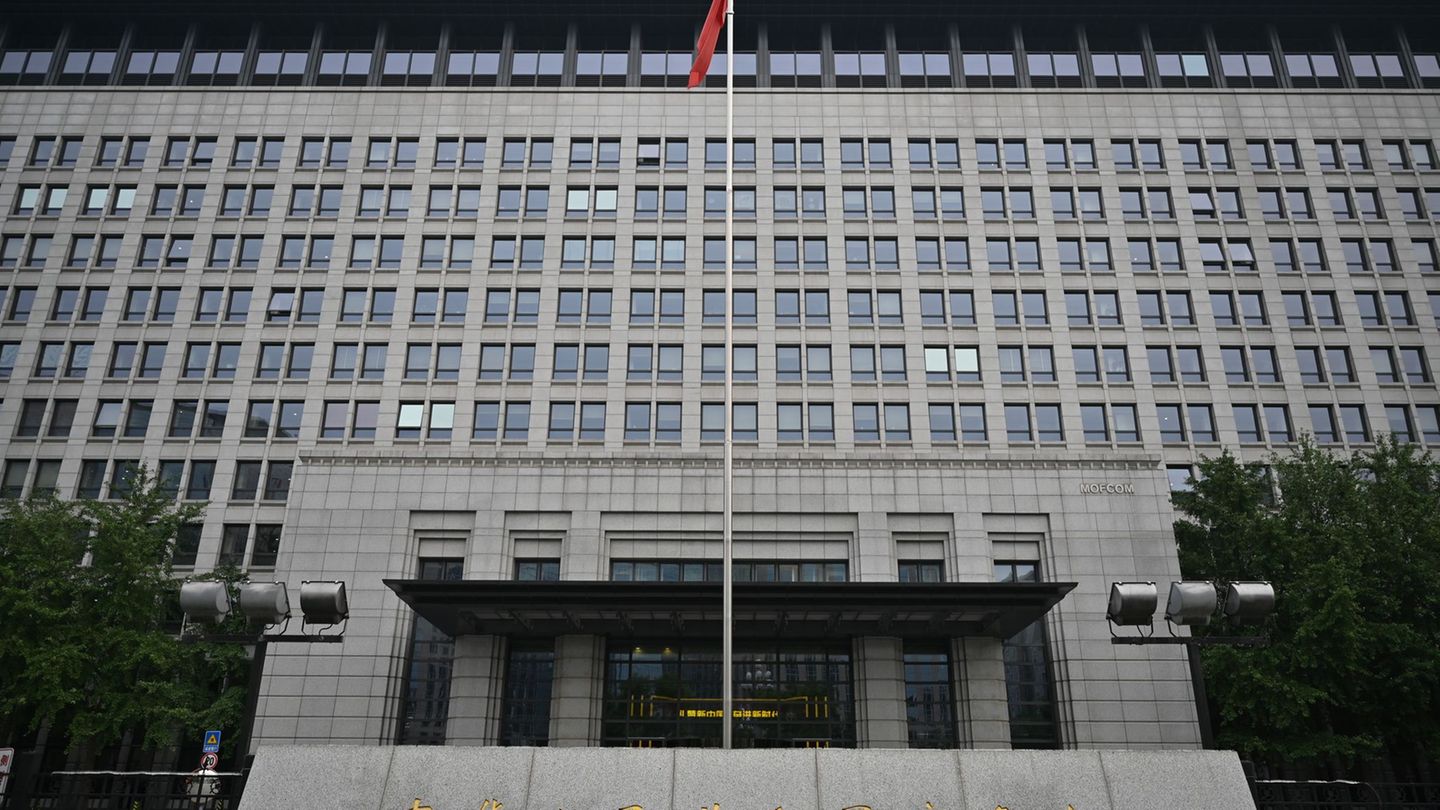In the current summer of flying, passengers or their luggage are all too often left behind. In the Lufthansa Group, the employees are sharply targeting the management around Carsten Spohr.
At Lufthansa, nerves are on edge. In parallel to a crisis meeting of the supervisory board, which was pushed through by the trade unions, some staff representatives sharply criticized the management board’s crisis management.
The background to this is numerous flight cancellations and a lack of services in recent weeks, which have led to extremely low punctuality values at the Frankfurt hub, for example.
According to an internal evaluation available to the “Frankfurter Allgemeine Zeitung”, just 41.2 percent of all Lufthansa flights were on time last week. At the Frankfurt hub, this only applied to just over every fourth flight (26 percent). Group board member Detlev Kayser complained in the document that ground handling service providers were understaffed.
At the center of the criticism at Lufthansa is CEO Carsten Spohr, who recently admitted that he had overdone the savings “at one point or another” during the Corona crisis. The works councils see it differently: “Instead of seeing the crisis in the entire aviation industry as an opportunity to join forces to find a common path through the pandemic, the Group Executive Board obviously saw it as an opportunity to reduce long-term collective bargaining and operational (cost) structures. » In the coming weeks and months there will also be tough collective bargaining for the ground staff and the pilots of the core company.
Lufthansa initially did not comment on the course and content of the Supervisory Board meeting. Vice-chairwoman and Verdi trade unionist Christine Behle had asked management for specific action plans. Because of the constant burden of sick leave in individual units, you hear up to 40 percent. Physical and psychological attacks on staff are also increasing at a worrying rate.
Works councils criticize staff shortages
Because too much and too long was saved, there was a lack of staff both on the ground and in the planes, criticized the works councils. Your analysis of the situation is devastating. Lufthansa is gambling away its good reputation and losing long-standing guests, according to the letter available to dpa. In many areas there is a lack of staff, colleagues are at the physical and mental stress limit, the sick leave is between 20 and 30 percent. The employee representatives accuse the board of management of not having changed course quickly enough. “The threats of dismissal were held on for far too long in order to achieve the desired concessions, and as a result moved away from it far too late.”
According to the operator Fraport, the handling problems at the largest German airport in Frankfurt will continue for several months. CEO Stefan Schulte said that the current level would remain the same for another two to three months and that more flights would have to be cancelled. With a view to the start of the school holidays in Hesse and Rhineland-Palatinate on July 23, he said: “The summer peaks are yet to come.”
hourly capacity reduced
In cooperation with the main customer Lufthansa, several hundred flights have already been canceled in Frankfurt for the months of July and August. The airport’s maximum hourly capacity was reduced by 10 to 94 movements per hour in order to improve handling of the remaining flights. “So far we have avoided total chaos,” said Schulte.
There is a relatively high level of unpunctuality and long waiting times, especially for luggage, for which Schulte apologized to the passengers. The loading of departing aircraft and the luggage of transit passengers is currently being prioritised. Those who end their journey in Frankfurt therefore sometimes have to wait two hours for their suitcases. Additional effort arises when the passengers leave the airport without luggage, because the suitcases then have to be delivered later. The passenger checks, on the other hand, went relatively smoothly.
Schulte admitted that he had misjudged the development in the course of the Corona crisis. However, the emigration of low-income employees could not be prevented even with increased short-time work benefits, because these people are also dependent on shift allowances. They would have looked for jobs in other sectors.
Source: Stern
Jane Stock is a technology author, who has written for 24 Hours World. She writes about the latest in technology news and trends, and is always on the lookout for new and innovative ways to improve his audience’s experience.




